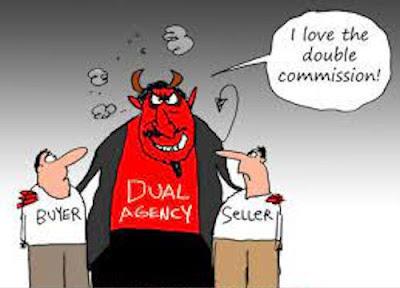Below are 3 famous examples of fraud in the real estate industry plus 3 common examples of real estate fraud that people should watch out for.
The Flintstone House (Hillsborough, California, USA): In 1976, a unique, futuristic house inspired by the popular cartoon "The Flintstones" was constructed in Hillsborough, California. The owner faced legal action from the town for alleged violation of building codes and unpermitted modifications to the property. The case brought attention to the importance of adhering to local zoning and building regulations.
The Lehman Brothers' Misleading Mortgage Practices: In the years leading up to the 2008 financial crisis, Lehman Brothers, a global investment bank, engaged in questionable mortgage practices. They packaged and sold mortgage-backed securities without adequately disclosing the risks associated with subprime mortgages. This contributed to the housing market collapse and subsequent economic downturn.
The Trump University Scandal: Donald Trump, before becoming the 45th President of the United States, faced legal action over Trump University. The "university" was accused of misleading students with false promises of real estate success through expensive courses. The case highlighted the importance of conducting thorough research before enrolling in educational programs or seminars.
Property Flipping Scams: Property flipping scams involve individuals or groups purchasing distressed properties, misrepresenting their value through fraudulent appraisals, and quickly reselling them at inflated prices. These scams can deceive buyers and inflate property values, contributing to a volatile market and potential financial losses for unsuspecting investors.
Mortgage Fraud Schemes: Mortgage fraud occurs when individuals provide false information or engage in deceptive practices during the mortgage application process. This can include inflating income, misrepresenting employment status, or providing falsified documents. Mortgage fraud undermines the integrity of the lending industry and can lead to substantial financial losses for lenders and homeowners.
Rental Scams: Rental scams involve fraudsters posing as property owners or agents and advertising rental properties that do not exist or that they do not have the authority to rent. Victims are tricked into paying deposits or rent in advance, only to discover they have been scammed. These scams highlight the importance of conducting thorough research, verifying property ownership, and being cautious when dealing with online rental listings.
It's important to note that these examples serve to highlight the prevalence and impact of real estate fraud, but they do not represent an exhaustive list of all instances of real estate fraud. Real estate fraud can take various forms and occur in different regions, emphasizing the need for vigilance and due diligence when engaging in real estate transactions.














